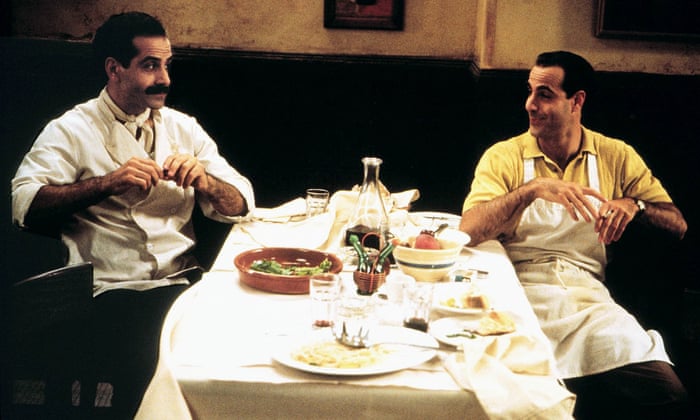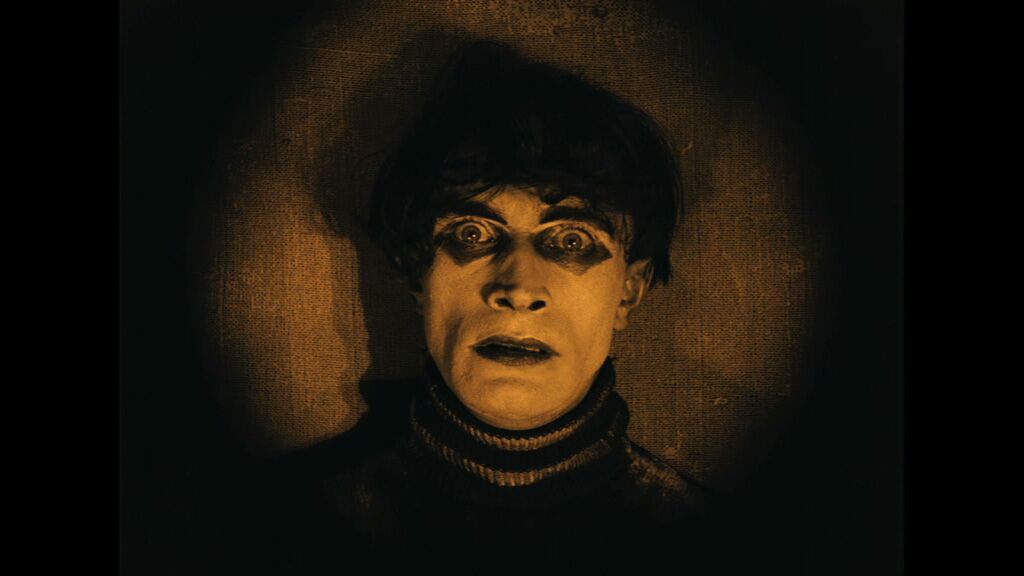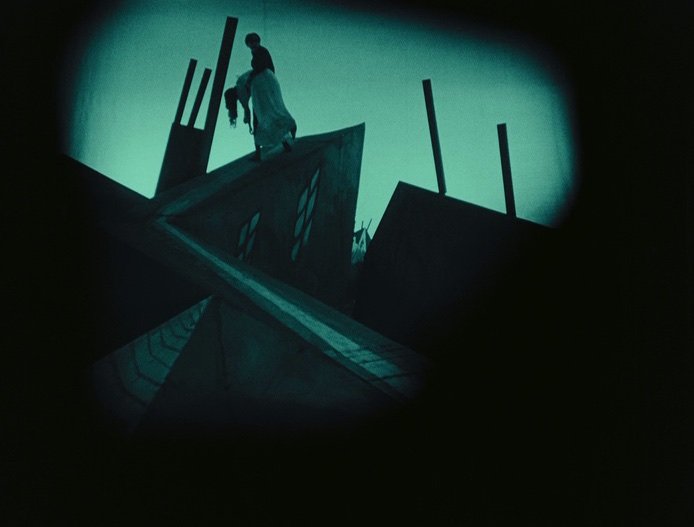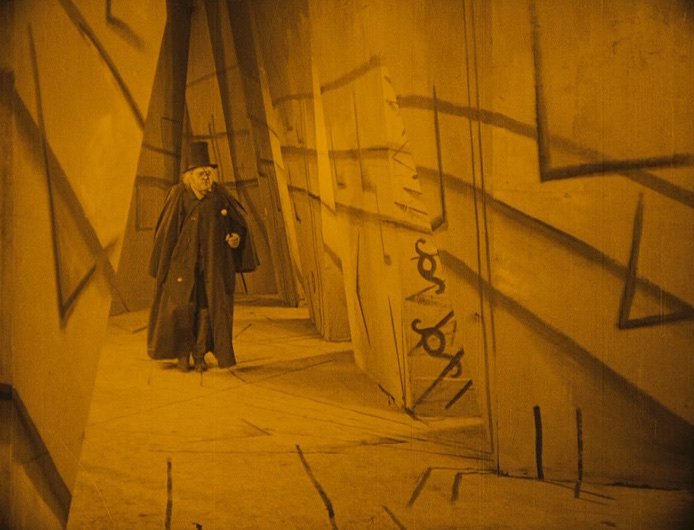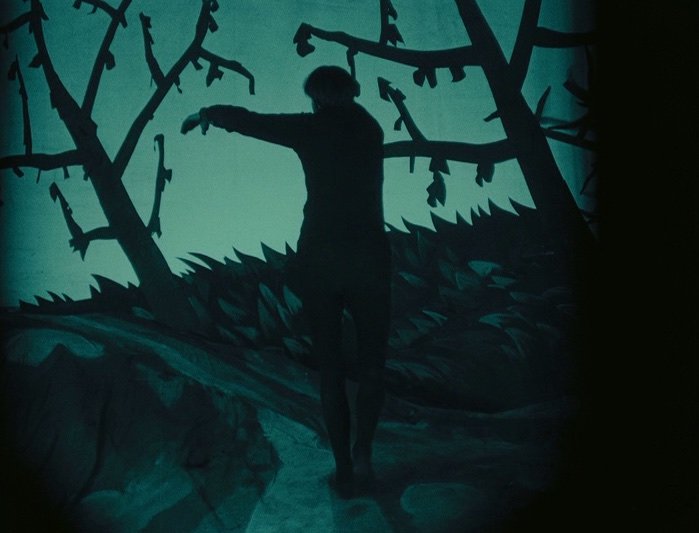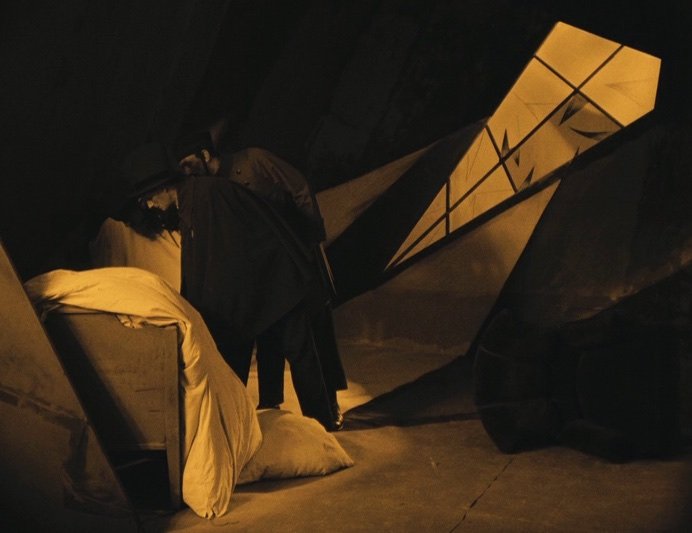- Joined
- May 19, 2014
- Messages
- 7,422
- Reaction score
- 1,089
Joker (2019)
/cdn.vox-cdn.com/uploads/chorus_image/image/65333602/rev_1_JOK_04413_High_Res_JPEG.0.jpeg)
Fell very flat for me I must say. Apart from the typically excellent performance from Phoenix I found it to be a largely mediocre film. I simply can't get past the fact that I have already seen these same themes tackled before in other films and in a much more sophisticated way. Yes, of course I am primarily referring Taxi Driver and The King of Comedy. Everyone knows this and indeed Joker itself references those influences. Yet those references or homages seem to me nearly like a way of preemptively deflecting the comparisons. However, there is simply no comparison. Those films are far more subtle, nuanced portrayals of depressed, socially isolated characters set against the world in which they live, and simply much better films.
Joker is , dare I say it, completely cartoonish in it's handling of themes. There is no subtlety. From the very beginning a series of successively awful things happen to Arthur - he is viciously beaten for no reason by a bunch of kids, he loses his job etc. etc. Nearly every character is either cruel, abusive or simply disinterested towards him. It is completely heavy handed in approach. It utilises a veneer of mental health as essentially a plot device to explain Fleck's descent into further madness. Knowing that all this is simply a vehicle to arrive at the arch-nemesis for the Batman severely lessens the impact as well.
The character's in Scorsese films are deeply alienated individuals, but for is not necessarily any obvious reason for their depression and isolation. They are born out of the real feelings of Scorsese and Schrader. While we sympathise with them and some of their social criticisms by virtue of the films being from their perspective, it is ultimately a psychological interrogation of their damaged way of thinking. In Joker, some very obviously bad things happen to Arthur Fleck in succession, he is ground down by this until he eventually goes completely and violently insane...and becomes the Joker. It just strikes a hollow note with me.
Even if we charitably say that it wears it's influences on it's sleeve to try and reflect contemporary issues, I don't think it is successful in this regard either. It raises some important themes regarding mental health funding, class conflict; in other respects it does reflect modern trends of "inceldom", but it doesn't really go anywhere with them. They don't have any real impact because of the way in which they are forced into this origin story.
/cdn.vox-cdn.com/uploads/chorus_image/image/65333602/rev_1_JOK_04413_High_Res_JPEG.0.jpeg)
Fell very flat for me I must say. Apart from the typically excellent performance from Phoenix I found it to be a largely mediocre film. I simply can't get past the fact that I have already seen these same themes tackled before in other films and in a much more sophisticated way. Yes, of course I am primarily referring Taxi Driver and The King of Comedy. Everyone knows this and indeed Joker itself references those influences. Yet those references or homages seem to me nearly like a way of preemptively deflecting the comparisons. However, there is simply no comparison. Those films are far more subtle, nuanced portrayals of depressed, socially isolated characters set against the world in which they live, and simply much better films.
Joker is , dare I say it, completely cartoonish in it's handling of themes. There is no subtlety. From the very beginning a series of successively awful things happen to Arthur - he is viciously beaten for no reason by a bunch of kids, he loses his job etc. etc. Nearly every character is either cruel, abusive or simply disinterested towards him. It is completely heavy handed in approach. It utilises a veneer of mental health as essentially a plot device to explain Fleck's descent into further madness. Knowing that all this is simply a vehicle to arrive at the arch-nemesis for the Batman severely lessens the impact as well.
The character's in Scorsese films are deeply alienated individuals, but for is not necessarily any obvious reason for their depression and isolation. They are born out of the real feelings of Scorsese and Schrader. While we sympathise with them and some of their social criticisms by virtue of the films being from their perspective, it is ultimately a psychological interrogation of their damaged way of thinking. In Joker, some very obviously bad things happen to Arthur Fleck in succession, he is ground down by this until he eventually goes completely and violently insane...and becomes the Joker. It just strikes a hollow note with me.
Even if we charitably say that it wears it's influences on it's sleeve to try and reflect contemporary issues, I don't think it is successful in this regard either. It raises some important themes regarding mental health funding, class conflict; in other respects it does reflect modern trends of "inceldom", but it doesn't really go anywhere with them. They don't have any real impact because of the way in which they are forced into this origin story.



